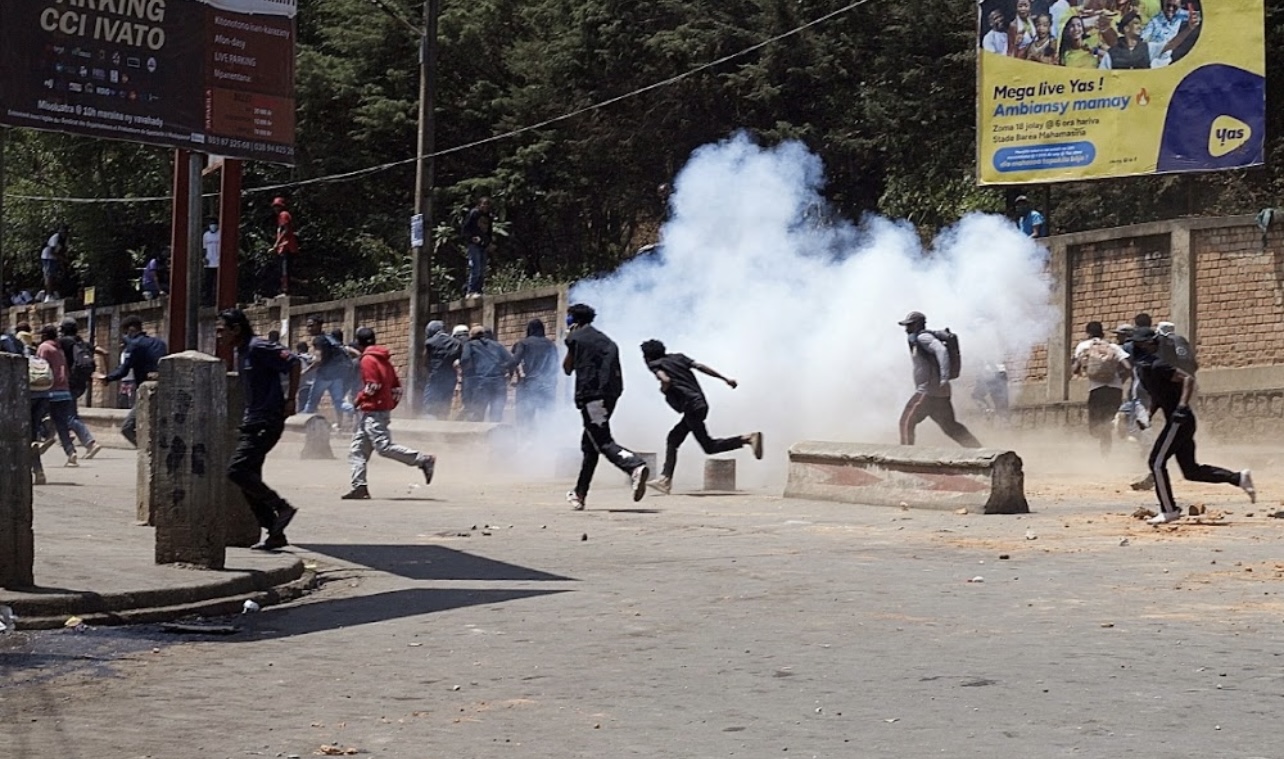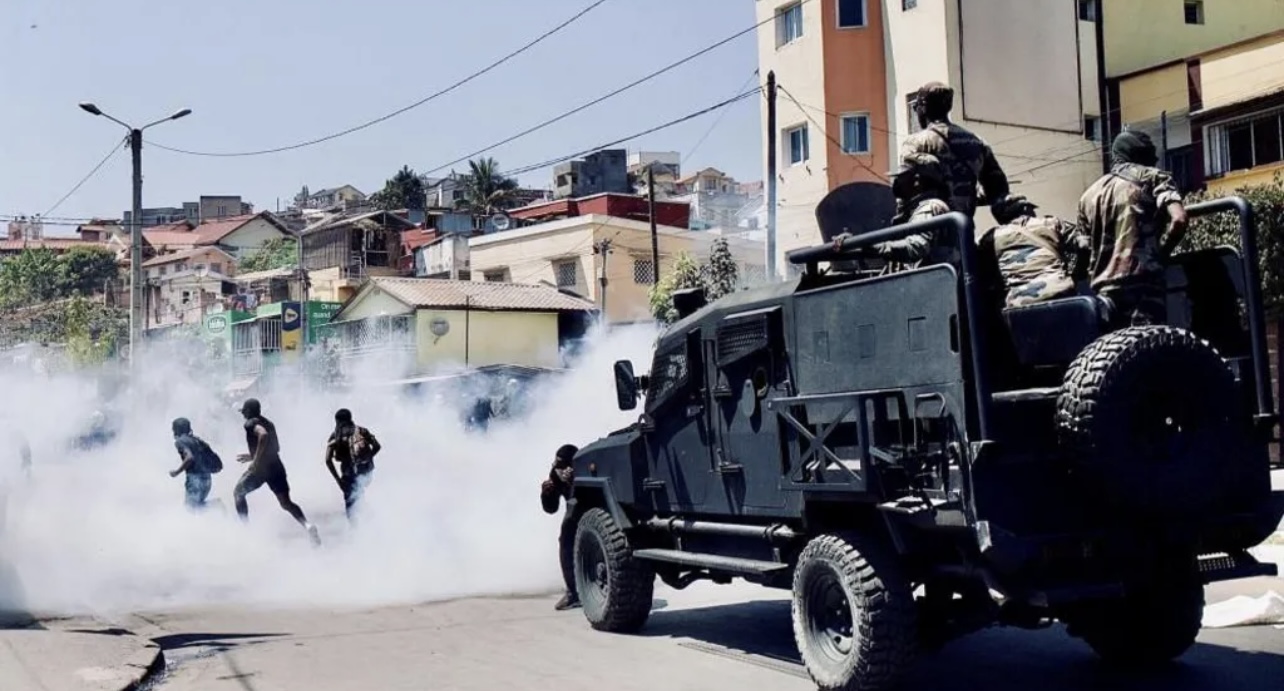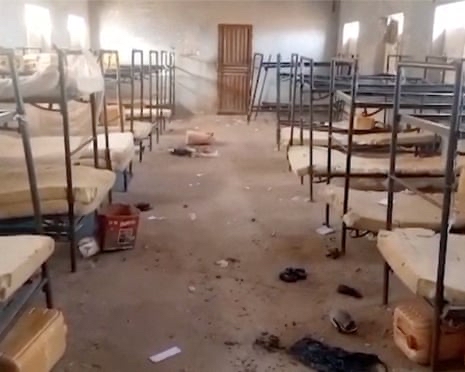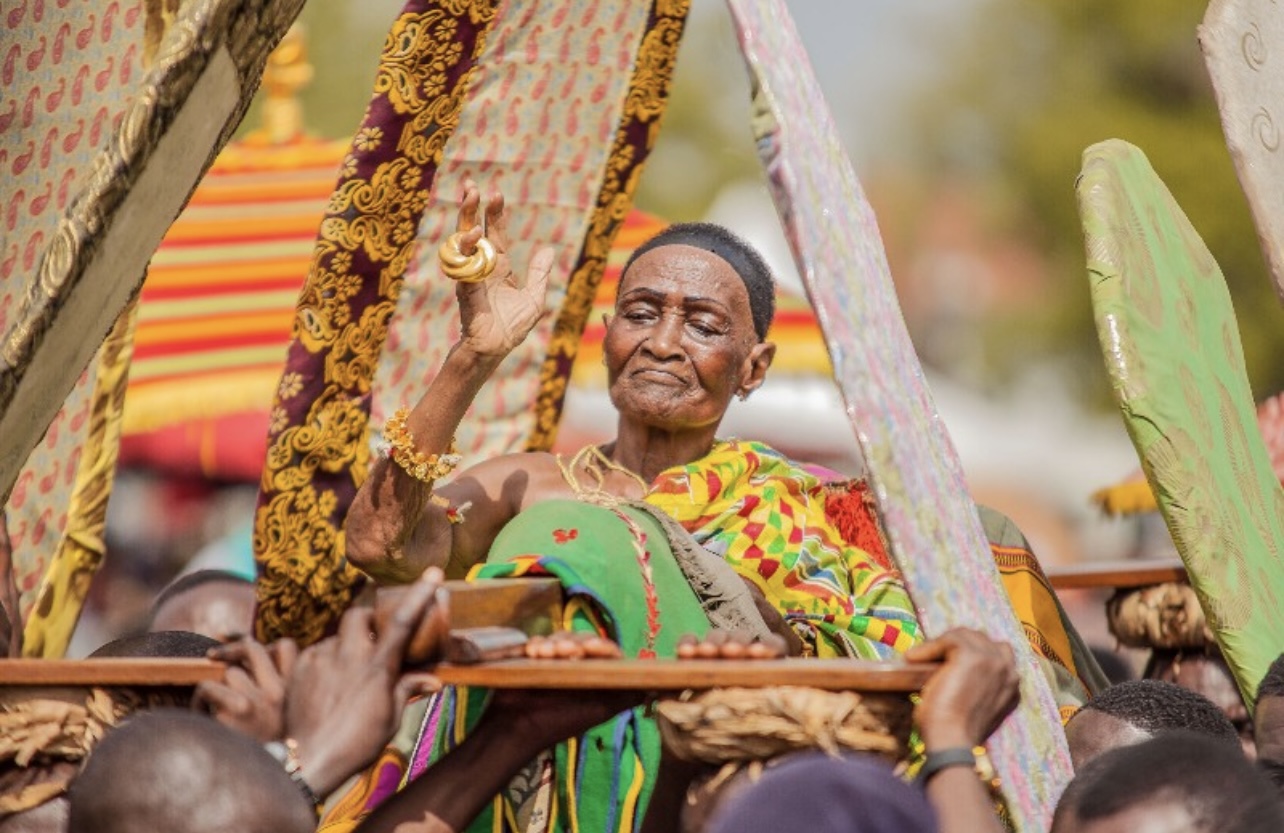Madagascar’s president, Andry Rajoelina, announced on Monday that he had dismissed Prime Minister Christian Ntsay and dissolved the government after days of mass, youth-led demonstrations in the capital over chronic water and power outages. The move follows violent clashes between security forces and protesters that United Nations officials say left at least 22 people dead and more than 100 injured.
Thousands of mostly young demonstrators widely described in international coverage as part of a “Gen Z” movement took to the streets beginning on 25 September to demand reliable electricity and water, an end to what many called chronic mismanagement of public services, and in some cases the resignation of Mr. Rajoelina himself. Organizers and participants used social media to mobilize and to borrow protest aesthetics and tactics from recent youth movements in Kenya and Nepal.

Clashes escalated into violence in several cities. Authorities imposed dusk-to-dawn curfews and deployed riot police; witnesses and rights groups say police used tear gas and, in some instances, live ammunition. The UN and regional rights bodies expressed alarm at reports of excessive force, while Madagascar’s foreign ministry disputed the casualty figures cited by the UN.
In a nationally broadcast statement delivered from New York ,where he was attending the UN General Assembly — Mr. Rajoelina apologized for service failures, said he had removed the energy minister last weekend and that current ministers would remain in office only in a caretaker capacity until new appointments were made. He ordered a rapid process to form a new government but stopped short of offering to resign, insisting he would oversee reforms.
The protests, which some outlets label the “Leo Délestage” movement (roughly, “fed up with load-shedding”), have included peaceful marches, the blocking of roads with barricades, and incidents of looting and attacks on the homes of senior politicians. Authorities say some violence and vandalism followed the initial demonstrations. Reuters and other reports say student groups and loosely organized youth networks were central to the mobilization.
International and local human-rights organizations called for calm and for impartial investigations into the violence and deaths. The UN has urged restraint by security forces and accountability for any unlawful use of force; Malagasy officials have pledged internal inquiries while rejecting some external casualty estimates. Analysts say the unrest highlights deeper grievances in one of the world’s poorest countries, where years of spotty public services and rising youth unemployment have fuelled public anger.
What happens next remains uncertain. The president has three days, he said, to consider names for a new prime minister, with an interim team to administer day-to-day affairs; protest leaders and opposition politicians say they will keep up pressure until concrete changes are made to power and water delivery and to political accountability. Observers will be watching whether the cabinet shake-up calms the streets or intensifies demands for deeper political change.



